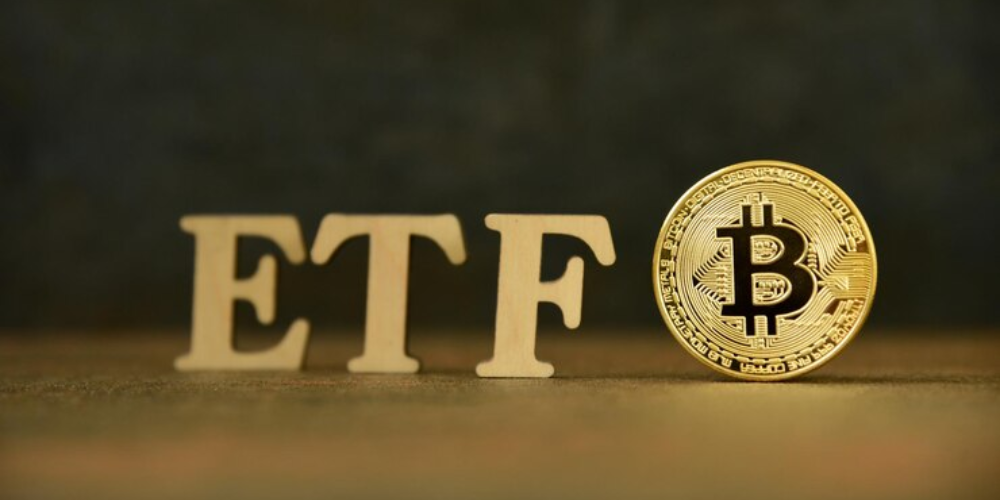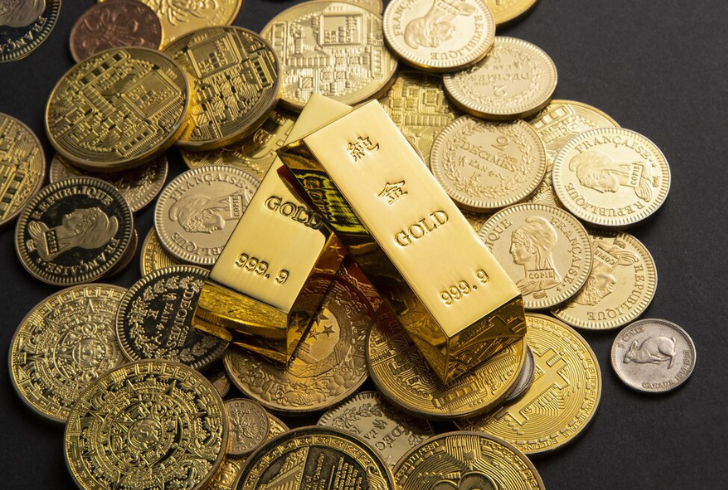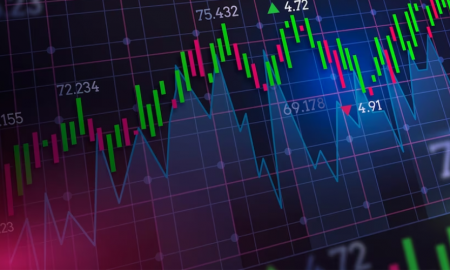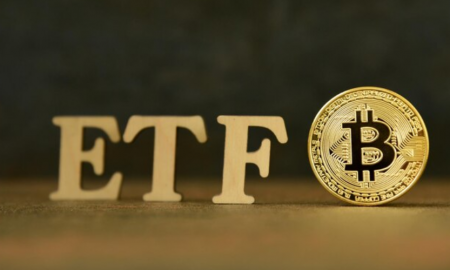
Gold ETFs vs Bitcoin ETFs – Are Gold ETFs Really Suffering?

In the bustling landscape of financial investments, the focus often shifts dramatically with the introduction of new options. This year, spot bitcoin ETFs have captured considerable attention, drawing investors away from traditional assets like gold ETFs. Yet, is the rise of bitcoin ETFs truly undermining the value of gold ETFs? The answer might surprise you.
Let’s delve into the world of gold ETFs vs Bitcoin ETFs, unpacking their unique characteristics and exploring whether they’re truly locked in a zero-sum game.
More in Pocket Change
-
`
Envisioning the UK Under Labour Leadership: What to Expect
Picture this: a United Kingdom steered by the Labour Party, a landscape where political shifts usher in a new era. The...
January 30, 2024 -
`
Kendall Jenner and Hailey Bieber Share Laughs During an Unexpected Traffic Stop
Kendall Jenner and Hailey Bieber recently experienced a rather laid-back encounter with the law while enjoying a leisurely drive through the...
January 26, 2024 -
`
Wall Street Rollercoaster: From Sky-High Upgrades to the Downgrade Dilemma
Wall Street, the epicenter of financial prowess, has been witnessing intriguing developments in its stock market. RBC Capital’s Lori Calvasina recently...
January 18, 2024 -
`
Unleashing the Human Resistance: Matthew Butterick’s Battle Against AI Giants
In the bustling cityscape of San Francisco, a legal maverick, Matthew Butterick, strides confidently towards a legal showdown against AI giants...
January 10, 2024 -
`
Why Mortgage Rates May Drop in Future But it Won’t Make Houses Cheaper in Canada
As we approach the end of the year, the Canadian real estate market is abuzz with a mix of cautious optimism...
January 1, 2024 -
`
Why People Are Investing Millions in the Metaverse
In the digital world of the metaverses, people are shelling out jaw-dropping amounts for virtual properties. Imagine paying millions for a...
December 27, 2023 -
`
Hollywood Investment: Celebrities Link Up With PLUS Capital
The journey from film sets to the financial fray is not a path tread by many, but it is one that...
December 12, 2023 -
`
Why Mortgage Rates Are Constantly Going Up in the U.S.
The ever-shifting landscape of mortgage rates in the United States is a topic that merits attention, especially for those looking to...
December 7, 2023 -
`
Celebrity Business Ventures That Failed
We all love our favorite celebrities and when it comes to businesses, their names and views can easily sway the masses into...
December 3, 2023


















You must be logged in to post a comment Login